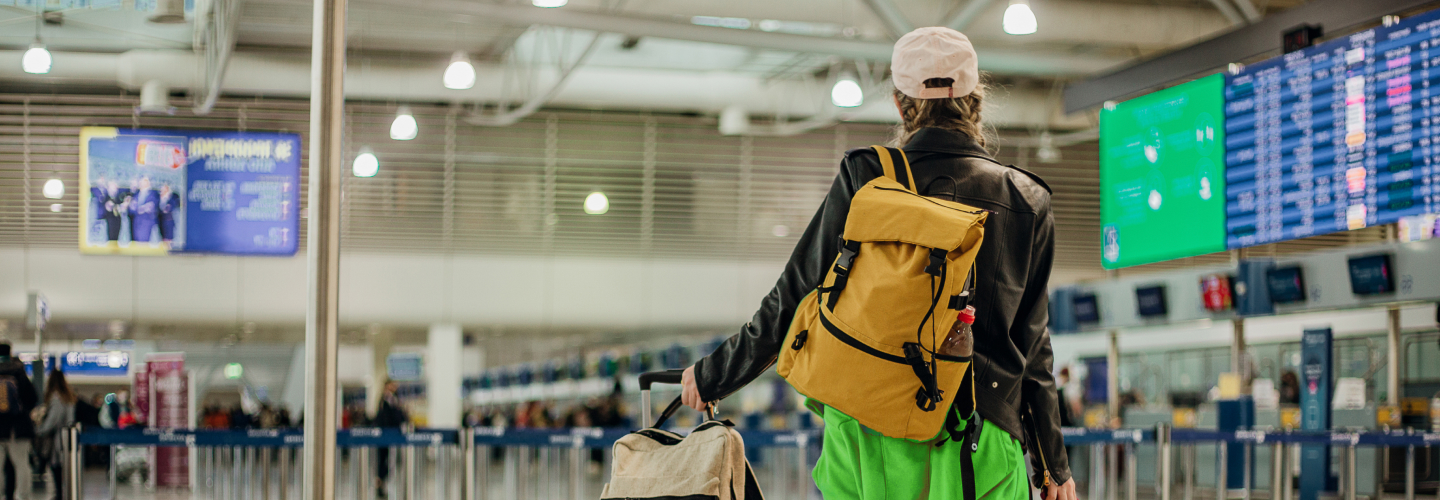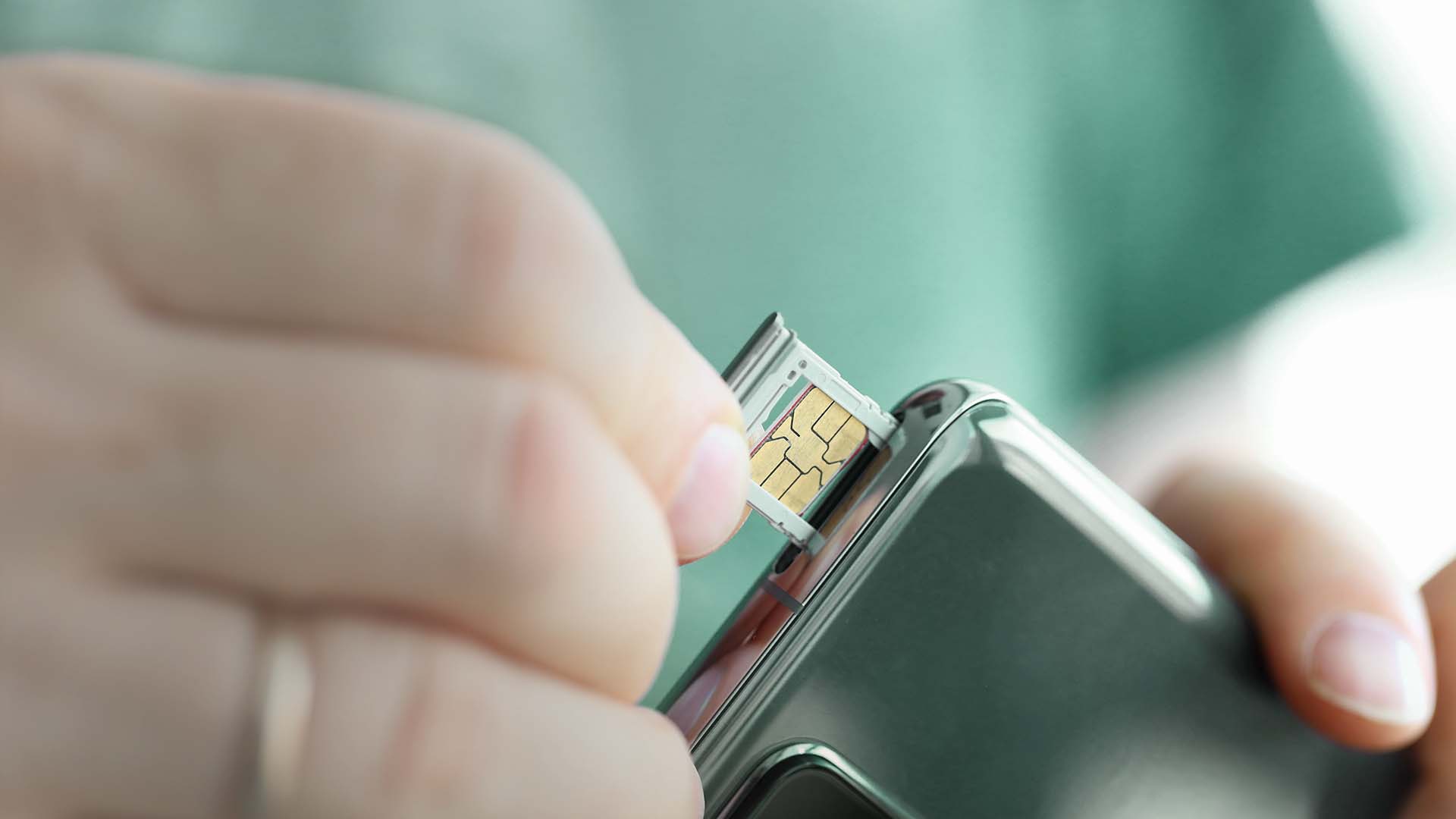Travel insurance is essential if you’re visiting a foreign country, for the same reason it’s a good idea to have health insurance and cover on all your possessions here in South Africa. If disaster strikes when you’re far from home, with your whole life wrapped up in a suitcase and a few electronic devices, it’s even more important that you have access to help that gets you out of a jam.
International travel adds a few twists to the general risks you need to insure against at home. Fire or theft could deprive you of vital possessions or documents – but in a remote location, where they’re harder to replace. A natural disaster might force you to flee accommodation that you’ve already paid for – with no family or friends to take you in as they would at home, you’d be faced with the added expense of finding alternative lodgings. Illness or injury could leave you in need of private medical care – without insurance, the cost of a medical emergency could blow your holiday budget overnight.
Here are 4 types of travel insurance to consider before you take your next business trip or holiday abroad:
1. Trip cancellation or interruption cover
Imagine this: you’re enjoying a sun-drenched family holiday on a tropical island when you get warned that a tropical storm is heading your way. You must evacuate and find alternative accommodation somewhere safe. Since your trip is a non-refundable package deal that you paid for in advance, you now have a serious hole in your budget for the rest of the year.
Not if you have cancellation cover – an insurance policy that refunds you the non-refundable and unused portion of your travel costs if you need to cancel your trip due to an unforeseen event.
2. Medical emergency cover
Say you’re on a business mission abroad, and your hosts invite you for a hike along a beautiful local trail. You slip and break your ankle – requiring an expensive trip to hospital that you can’t afford.
You can get comprehensive cover for all kinds of travel emergencies
That’s when you need emergency medical insurance that helps cover the reasonable costs of treatment for injury or sudden illness. You should note that some cheque and credit card accounts give you this benefit automatically, and your medical aid package might also include emergency care during international travel. It’s worth checking, because if you don’t have cover included in your account or insurance packages, it’s vital to have a policy in place before you travel overseas.
3. Baggage and personal items cover
You’re busy wrangling travel-weary kids in the arrivals terminal, and you don’t notice an unscrupulous character lifting your luggage from the carousel. When your bags never arrive, you’ve lost everything you need for the rest of the trip – including important paperwork.
If you have baggage and personal items cover, what could be a catastrophe becomes more of an inconvenience. If your luggage is delayed, the insurance may cover reasonable expenses to carry on with your journey without your luggage for a while. However, if your baggage is lost or stolen, it will usually cover the cost to replace the bag and its contents up to a specified limit.
4. All-inclusive insurance
This is a blanket travel insurance that covers all the above. Depending on the package you take, you can get comprehensive cover for all kinds of travel emergencies. However, benefits, terms and conditions and benefit limits differ between insurers, so make sure that you understand the terms and conditions of the travel insurance plan that you buy thoroughly.
As a Nedbank credit or cheque cardholder, you may qualify for up to 30 days basic travel insurance for both local and international journeys when you buy your return travel tickets with your Nedbank credit or cheque card.
Nedbank offers individually tailored travel insurance policies to protect you against all the risks outlined above, subject to the terms and conditions. Send us your details and our insurance experts will give you a call at your convenience to discuss your travel risks and how to mitigate them.








